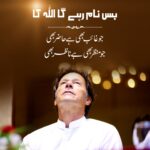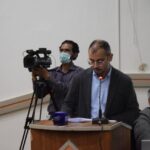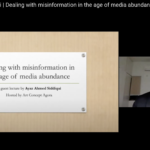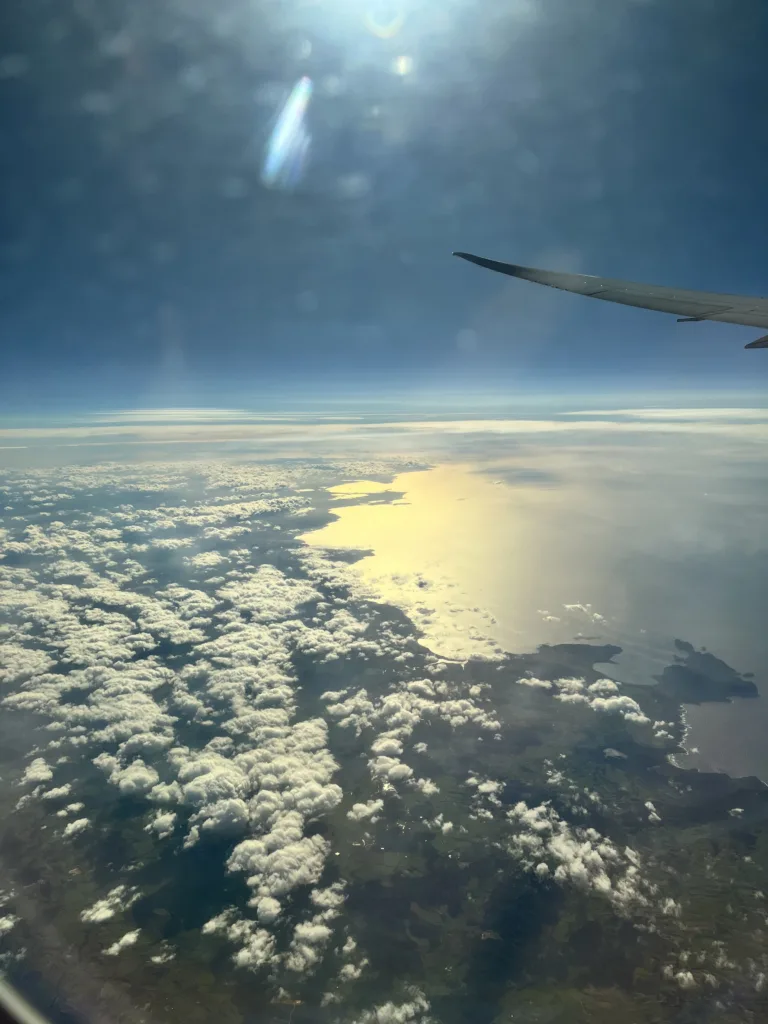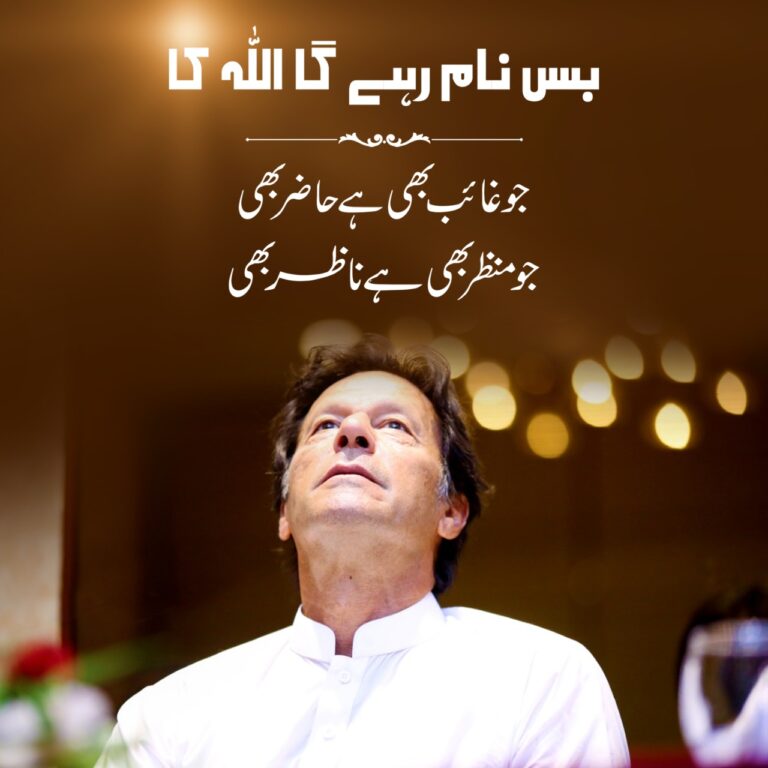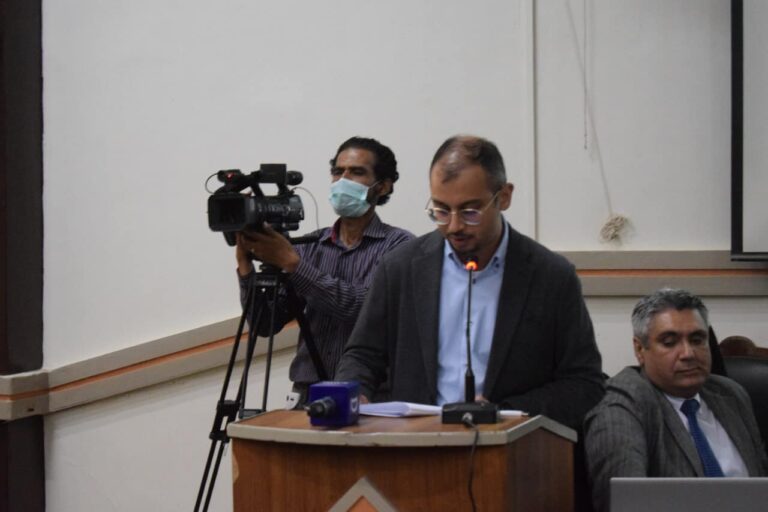
Recently scholars at the opening meeting of the premier International Communication Association conference, cautioned against the role of ‘fake news’ in elections around the world.
The menace can be observed in democracies from the most to the least mature. It highlights the changing paradigm in journalism dominated by liberal principals to one where context specific factors form the basis for journalism practice and development.
However, many journalists in Pakistan continue to benchmark dated Western ideals about the profession. Perhaps because of a bout of arguably unfettered liberalisation of the media economy that took place after state policies in 2002.
The overt reliance on liberal ideals
They speak out against any curbs on press freedom by seeking refuge in the liberal market place of ideas. The argument goes that truth reigns supreme in an environment of unrestrained and free flow of information. Their opponents are quick to point out how the press in even the most liberal media markets, such as the United States, ‘tow-the-line’ during national crisis.
In the Asian context we have seen that a rampant growth of the media industry in the absence of civic norms flooded the market place with partisan voices. The liberalized media in the Philippines after the overthrow of dictator Ferdinand E. Marcos in 1986 is a notable case in point. Rather than enlightenment that facilitates a much needed national consensus a rambunctious media further disoriented the public.
Closer to home commercialization is also strongly associated with the erosion of editorial integrity by marketing departments or owner’s private agendas, as is documented on the Indian press.
The overt reliance on liberal ideals may ultimately polarize the debate in emerging media contexts where there is limited public space for fact based informed opinion, such as in Pakistan. Worse still, it allows societal elites that are contemptuous of public scrutiny to justify curbs on truth on grounds of a press perceived ill equipped to report it.
We must break out of the liberal-authoritarian binary in our public discourse where anything that goes against the state perspective is labelled ‘liberal’ and ‘progressive’ by the media. Just as any critique of religious extremism is seen as a past time of a ‘civil society crowd’
The problem with an unwavering faith in liberalism was starkly visible in the polarization of the American press during the election of President Trump. A large segment of the liberal media that had historically supported and preached impartiality and fairness in news reporting, more so than the conservative press, deemed it in the public interest to do away with an important journalism ideal.
Else where: why is liberalism failing to ignite imagination?
Implications for journalism education in Pakistan
Reality is a complex interplay of myriad factors. Not a zero-sum game. Consequently, journalism students must be taught to appreciate nuances of reporting in relation to factors such as institutional configuration, commercial and political imperatives.
To be sure, journalism is a profession, practiced and learned through participation in the routine activities of a news room. Journalism schools therefore re-create that environment in their training studios and production labs.
However this technical training is based on a strong theoretical foundation. Top journalism schools around the world are also very active in academic research. Professors offer special topics designed to arm students with a capacity to adapt context specific differences in practice with the democratic ideals upon which the discipline stands.
Comparative media research, for instance, shows that sustainable professional journalism can exist in pockets even in the harshest political environments. Just as democracies can exist in sustainable hybrid forms rather than an ideal (read Western) type on a continuum from low to high quality.
I was involved in one such study, at the Hong Kong Baptist University, that investigates ethical best practices among media organisations in five Asian territories; China, India, Indonesia, Philippines and Taiwan. We found that reputable organisations here are usually run by journalist-publishers with a strong ethos. Management policies facilitate a democratic culture in the newsroom itself. They understand branding but set their professional ethos as the value proposition.
The project published in the well-regarded journal Journalism shows the importance for Pakistani media to observe journalism in contexts beyond the American and British benchmarks. Media practices in regions with whom we share commonalities in socio-cultural and economic development are more useful to understand and improve our own.
Why does this matter?
This won’t be easy. It requires updating curricula in our media schools and the particularly difficult task of designing pedagogy that can operationalize such knowledge to the unique requirement of the news industry in Pakistan.
This doesn’t mean that liberalism is inherently bad. On the contrary, liberal education is desperately needed for young Pakistanis to understand their role in society and learn to co-exist in harmony. Only that a liberal press is not necessarily professional and certainly not the most effective.
Else where: what is a libertarian press?
If we do not arm our journalists with the state of play in the field they will struggle to stay relevant in democratising Pakistan. A key function of the press. Media students will face a disconnect between classroom learning and the work place upon graduation. Non-democratic forces will continue to encroach upon the vacuum left by our media institutions.



